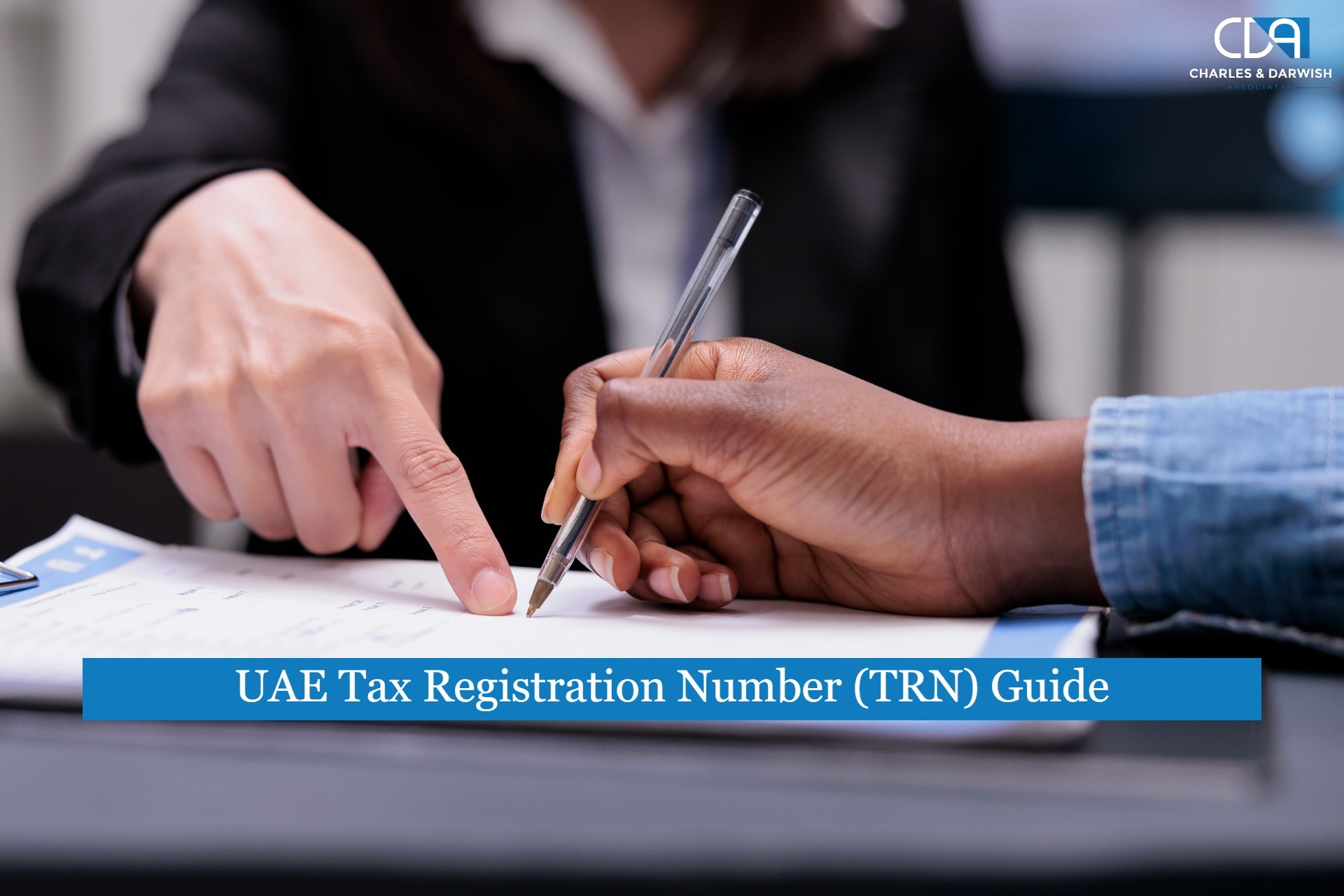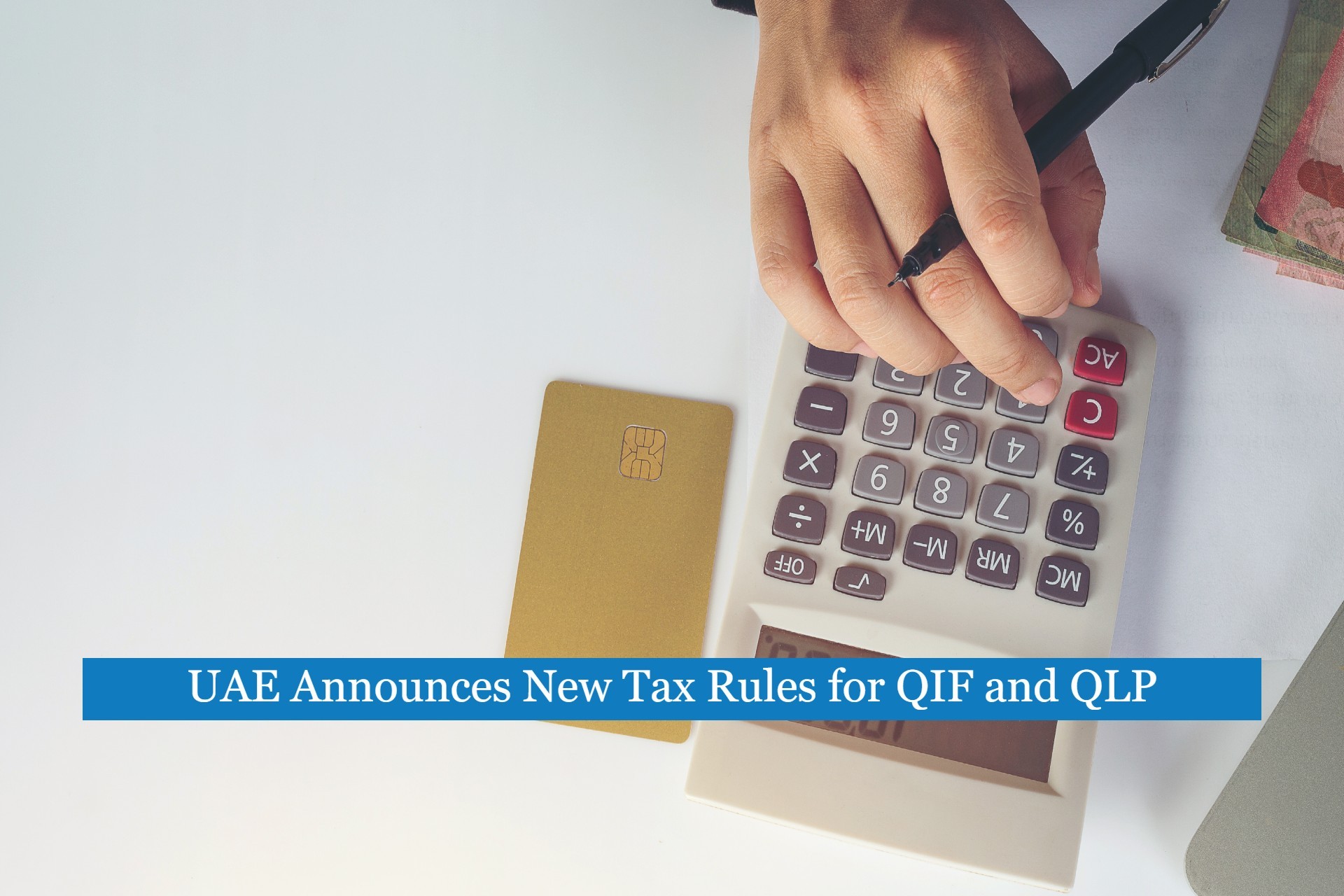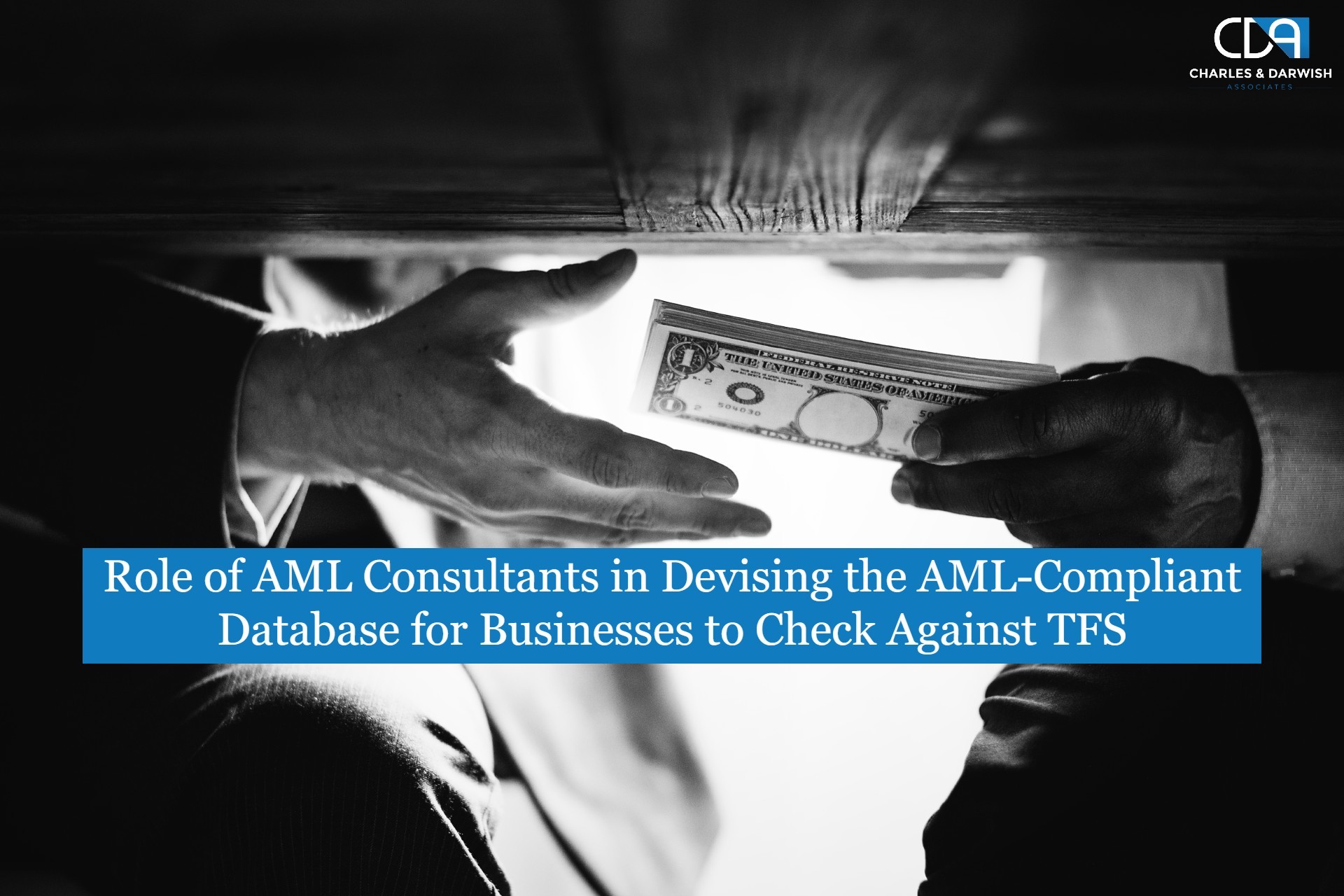CT Liability on Real Estate and Immovable Property in UAE for Foreign Companies
The United Arab Emirates (UAE) has long been a popular destination for foreign companies looking to expand their business operations. With its strategic location, business-friendly policies, and tax advantages, the UAE offers numerous opportunities for growth and profitability. However, when it comes to real estate and immovable property, foreign companies must navigate the complexities of corporate tax liability. Understanding the implications and obligations of corporate tax in the UAE is essential for foreign companies operating in the country. This blog post will explore the topic of CT liability on real estate and immovable property in the UAE for foreign companies, providing valuable insights and guidance for navigating this aspect of doing business in the UAE.
CT Liability on Real Estate and Immovable Property
The landscape of corporate tax in UAE took a significant turn with the recent clarification issued by the Ministry of Finance. As per the clarification, Foreign businesses and non-resident juridical entities will now be subject to a 9% corporate tax on income generated by real estate and immovable property in the country. This move reflects the UAE's commitment to aligning with international tax practices while maintaining its position as a hub for global investment.
- Scope of taxation: The scope of this taxation extends to both immovable properties utilized in business operations and those held for investment purposes. This means that all businesses, whether foreign or domestic, that earn income from real estate in the UAE will be subject to the new corporate tax.
- Effective date and registration requirements: The new corporate tax is effective from June 1, 2023. All businesses that are subject to the tax must register with the Federal Tax Authority (FTA) within one year of the effective date. Failure to register may result in penalties.
- Calculation of taxable income: The corporate tax will be calculated on a net income basis, which means that businesses can deduct relevant expenses from their gross income before calculating their tax liability. This approach ensures that businesses are only taxed on their profits, and not on their total revenue.
- Exemptions: There are a number of exemptions from the new corporate tax. For example, income from real estate investments owned by foreign or UAE resident individuals is generally exempt from tax, provided it does not involve a licensed business activity. Additionally, real estate investment trusts and qualifying investment funds are also exempt from the tax.
- Uses and effects: The introduction of the new corporate tax on real estate income has a number of uses and effects. These include:
- Aligning with international tax practices: The new tax aligns the UAE with international tax practices, which will make it more attractive to foreign investors.
- Fostering fiscal discipline: The new tax will help to ensure that businesses in the UAE are paying their fair share of taxes.
- Ensuring a level playing field: The new tax will create a level playing field for businesses, whether foreign or domestic.
- Generating revenue: The new tax will generate revenue for the UAE government, which can be used to fund important projects and programs.
You can also read: Corporate Tax for Foreign Companies that have Permanent Establishments in the UAE
Conclusion
The introduction of the new corporate tax on real estate income is a significant development for the UAE economy. It is a sign of the UAE's commitment to international tax standards and its willingness to adapt to changing economic conditions. The new tax will also help to ensure a level playing field for businesses, both domestic and foreign. Foreign entities can stay complied to the demography of corporate tax legislation with the help of professional tax consultants like CDA.
CDA at your service
CDA is a leading accounting and advisory firm in UAE. CDA can help businesses with all aspects of the new corporate tax, including:
- Registration with the Federal Tax Authority (FTA)
- Calculating taxable income
- Filing tax returns
- Complying with tax laws
If you are looking for an auditor or an accountant to help you with Tax filing, then look no further than CDA. CDA is committed to helping businesses succeed. CDA has a team of experienced and knowledgeable tax professionals who can help you understand the new corporate tax and comply with your tax obligations. Contact us today to learn more about how we can help you.

Mark Thompson
Full-stack Developer, Blogger, and Tech Enthusiast.
Mark specializes in digital marketing, SEO, and content strategy.













